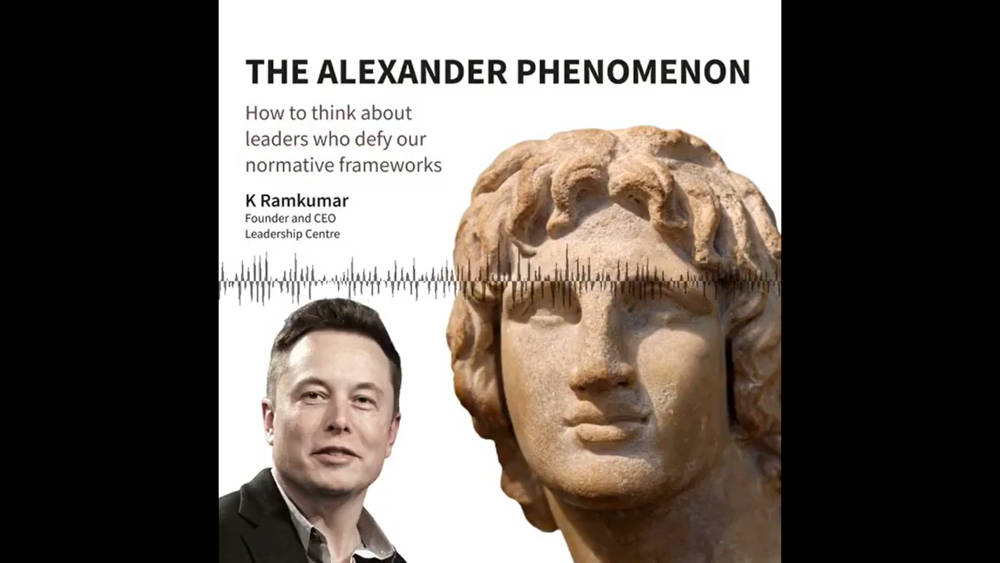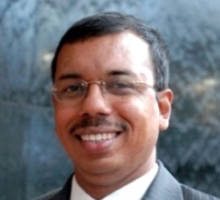Leaders often seem to be surrounded by a cloak of mystery. It’s hard to get a glimpse of what their eyes see, how their minds work, and where their next steps will fall.
This quality invariably kicks up debates. People speculate, take sides, pass judgements. In the past few weeks, Elon Musk, the maverick billionaire who runs Tesla and SpaceX, and now, Twitter too, has been a source of debates, speculation and polarisation.
How do we make sense of Musk’s actions, and the world’s reactions? A few weeks ago, K Ramkumar gave us a glimpse into the complex world of leadership (FF Life: Best leadership books). We reached out to him again asking him to shed some light on Elon Musk and other disruptive leaders whose cloaks of mystery are as strong as Musk’s.
Ramkumar answers in this 10-minute audiogram.
He draws parallels with Alexander, Julius Caesar, Maradona, Napoleon, JP Morgan, Andrew Carnegie, Narendra Modi and Gary Sobers. “They defy the normative leadership framework. Yet, they enjoy immense popularity. There have been bitter and strong critics, but they have been wildly successful for sustained periods of time.”
Ramkumar says their ambition is considered “oversized and self-centred. Yet, they were able to create institutions which have been valued both in a business sense, political sense and social sense.”
What sets them apart then?
Their risk appetite (which makes them believe ambiguity and the unchartered is filled with opportunities… they are gifted with deep intuition which makes them come to judgment on opportunities which many of us find very difficult to explain using the models we have.).
Their selfishness (their needs come first. They are comfortable that other people’s needs are also met, so long as it furthers their needs).
And the insurance they buy: “Their initial success brings them wealth, power and privilege. That brings enormous access and opens doors.”
When they create immense value by making new rules, the regulators and the governance structure of society gets confused too.

